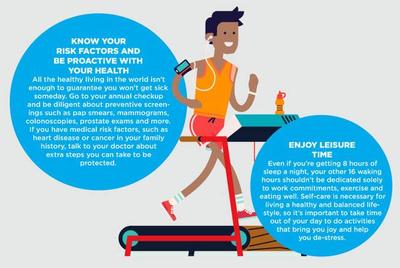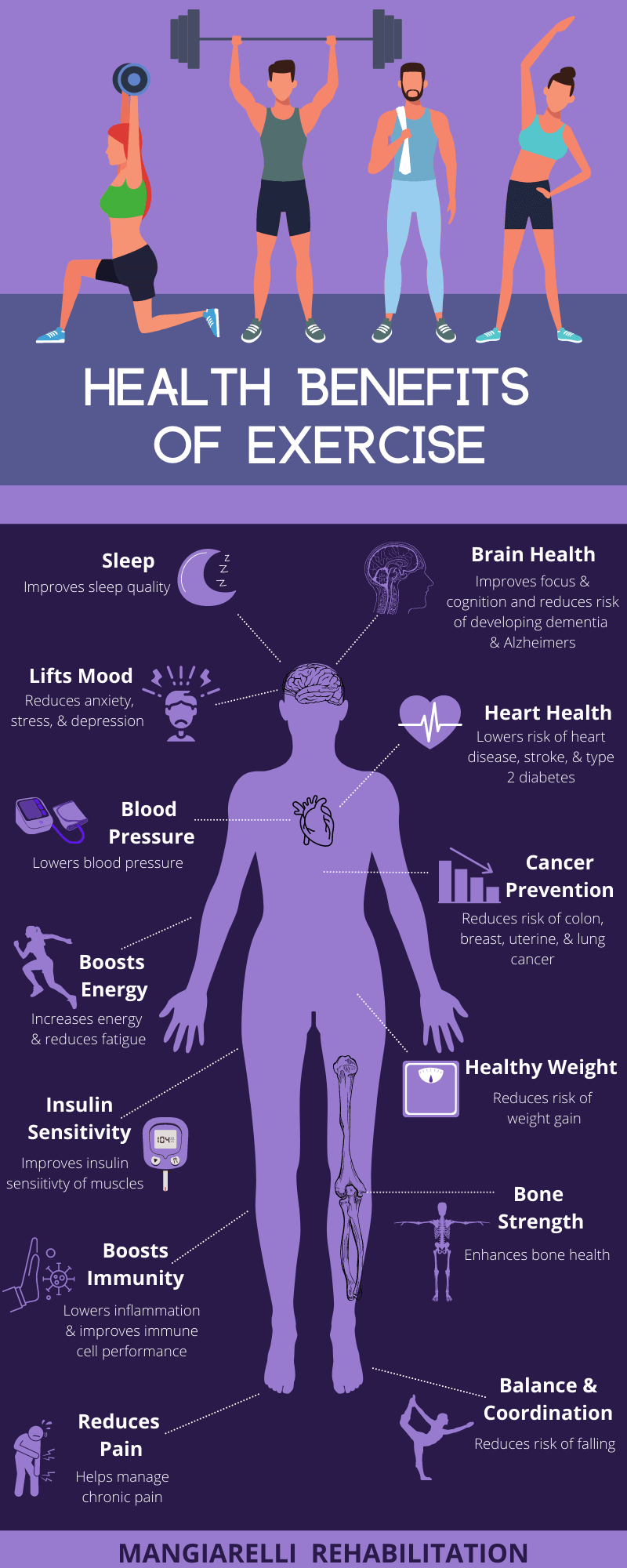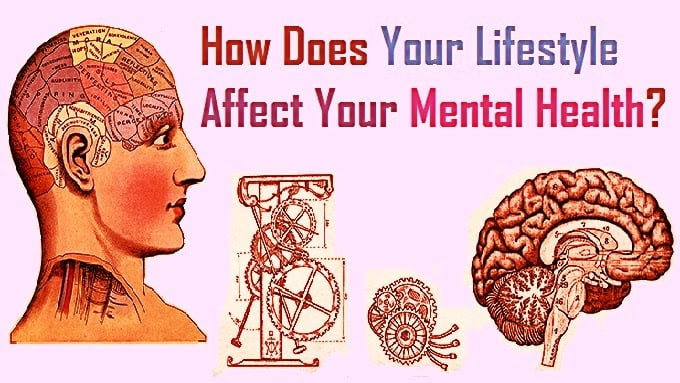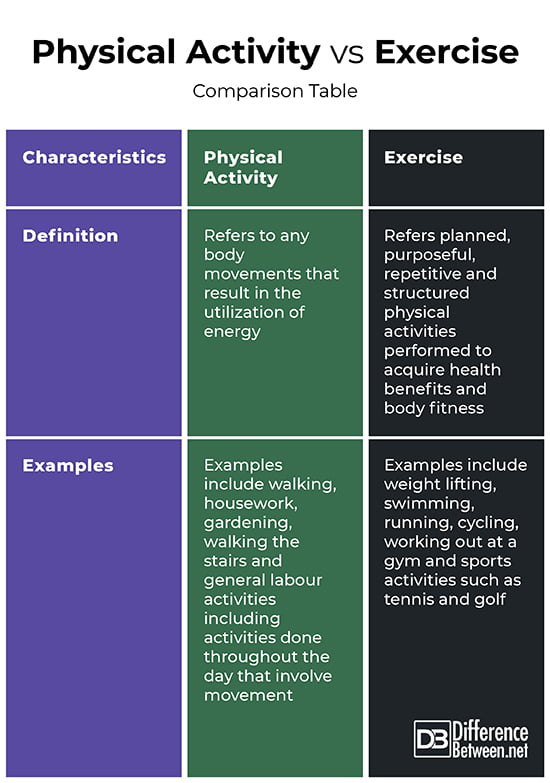How does exercise help maintain a healthy lifestyle? We all know that staying active is important, but have you ever wondered why? Well, my friend, you’re in the right place! In this article, we’re going to dive deep into the wonderful world of exercise and explore how it plays a crucial role in maintaining a healthy lifestyle. So, grab your workout gear and get ready to discover the incredible benefits of regular physical activity!
When it comes to leading a healthy lifestyle, exercise is like the superhero that swoops in to save the day. Not only does it help you shed those extra pounds and build muscle, but it also works wonders for your overall well-being. From boosting your mood and energy levels to improving your sleep and reducing the risk of chronic diseases, exercise has got it all covered. So, whether you’re a gym enthusiast, a yoga lover, or simply enjoy a brisk walk in the park, incorporating regular exercise into your routine is a surefire way to keep your body and mind in tip-top shape. Get ready to unleash the power of exercise and embark on a journey towards a healthier, happier you!

How Does Exercise Help Maintain a Healthy Lifestyle?
Regular exercise is essential for maintaining a healthy lifestyle. Not only does it help you stay physically fit, but it also has numerous benefits for your mental and emotional well-being. Exercise can improve your overall quality of life and reduce the risk of developing various health conditions. In this article, we will explore the different ways exercise helps maintain a healthy lifestyle and why it is crucial to incorporate it into your daily routine.
Physical Benefits of Exercise
Regular physical activity is known to have numerous health benefits. Firstly, exercise helps to maintain a healthy weight. By burning calories, it can prevent weight gain and assist in weight loss. Secondly, exercise improves cardiovascular health by strengthening the heart, lowering blood pressure, and reducing the risk of heart disease. It also helps to increase lung capacity and oxygen flow, improving overall respiratory function.
Additionally, exercise plays a crucial role in maintaining strong bones and muscles. Weight-bearing exercises, such as walking or weightlifting, enhance bone density and reduce the risk of osteoporosis. Strength training exercises help build and tone muscles, improving strength and flexibility. Regular exercise also boosts the immune system, reducing the likelihood of getting common illnesses and infections.
The Role of Exercise in Mental Well-being
Exercise not only benefits the body but also has a significant impact on mental health. Engaging in physical activity releases endorphins, which are known as “feel-good” hormones. These endorphins help reduce feelings of stress, anxiety, and depression, promoting a positive mood and overall mental well-being. Regular exercise can also improve sleep quality, reducing the risk of insomnia and promoting better rest.
Furthermore, exercise enhances cognitive function and brain health. It increases blood flow to the brain, improving memory, concentration, and overall cognitive performance. Studies have shown that physical activity can even reduce the risk of cognitive decline and age-related neurodegenerative diseases, such as Alzheimer’s.
Incorporating regular exercise into your routine can also have a positive impact on self-esteem and body image. Achieving fitness goals, such as running a certain distance or lifting a heavier weight, boosts self-confidence and improves body perception. Exercise can help individuals feel more comfortable and confident in their own skin, leading to better overall self-esteem.
Types of Exercise for Maintaining a Healthy Lifestyle
There are various types of exercises that can help you maintain a healthy lifestyle. Aerobic exercises, such as running, swimming, or cycling, are great for improving cardiovascular health and burning calories. Strength training exercises, such as weightlifting or resistance training, are essential for building and toning muscles. Flexibility exercises, such as yoga or stretching, improve joint mobility and prevent injuries.
It is recommended to engage in a combination of these exercises for optimal health benefits. The American Heart Association suggests at least 150 minutes of moderate-intensity aerobic activity or 75 minutes of vigorous-intensity aerobic activity per week, along with two or more days of strength training exercises. It is important to choose activities that you enjoy and can maintain in the long run to make exercise a sustainable part of your lifestyle.
Tips for Incorporating Exercise into Your Daily Routine
Finding the motivation to exercise regularly can sometimes be challenging. However, there are several strategies you can implement to make it easier to incorporate exercise into your daily routine. Firstly, set realistic goals and create a workout schedule that fits your lifestyle. Start with small, achievable goals and gradually increase the intensity and duration of your workouts.
It is also helpful to find an exercise buddy or join a fitness class or group. Exercising with others can provide motivation, support, and accountability. Additionally, try to make exercise enjoyable by finding activities that you genuinely enjoy. Whether it’s dancing, hiking, or playing a sport, finding activities that you find fun and engaging will make it easier to stick to your exercise routine.
Lastly, listen to your body and prioritize rest and recovery. It is crucial to give your body time to recover after intense workouts to prevent injuries and avoid burnout. Incorporating rest days into your routine allows your muscles to repair and rebuild, ensuring long-term fitness and overall well-being.
Conclusion
Exercise plays a vital role in maintaining a healthy lifestyle. It offers numerous physical and mental health benefits, from improving cardiovascular health to boosting mood and cognitive function. By incorporating various types of exercise into your routine and making it a sustainable part of your lifestyle, you can reap the many rewards that regular physical activity has to offer. So, lace up your sneakers, find an activity you enjoy, and start reaping the benefits of exercise for a healthier and happier life.
Key Takeaways: How Does Exercise Help Maintain a Healthy Lifestyle?
- Exercise helps to keep your body strong and fit.
- Regular physical activity boosts your mood and reduces stress.
- Exercise improves your cardiovascular health and reduces the risk of heart disease.
- Engaging in physical activity can help maintain a healthy weight.
- Regular exercise promotes better sleep and overall well-being.
Frequently Asked Questions
How does exercise contribute to maintaining a healthy lifestyle?
Exercise plays a crucial role in maintaining a healthy lifestyle by providing numerous physical and mental benefits. Firstly, regular exercise helps control weight by burning calories and building lean muscle mass. It increases metabolism, making it easier to maintain a healthy weight or lose excess pounds. Exercise also enhances cardiovascular health by improving heart and lung function, reducing the risk of heart disease, and lowering blood pressure.
Moreover, engaging in physical activity releases endorphins, which are natural mood boosters that can reduce stress, anxiety, and symptoms of depression. Regular exercise has been linked to improved mental clarity and cognitive function, allowing individuals to stay sharp and focused. Additionally, exercise promotes better sleep patterns, leading to increased energy levels and overall well-being.
What are the specific physical benefits of exercise?
Exercise offers a wide range of physical benefits that contribute to a healthy lifestyle. Firstly, it strengthens muscles and improves flexibility, making daily activities easier and reducing the risk of injuries. Regular exercise also enhances bone density, reducing the likelihood of osteoporosis and fractures.
Furthermore, exercise improves cardiovascular health by increasing heart rate, which strengthens the heart muscle and improves blood flow. This can lower the risk of heart disease, stroke, and high blood pressure. Exercise also helps regulate blood sugar levels, reducing the risk of type 2 diabetes. Finally, it boosts the immune system, making individuals less susceptible to common illnesses and infections.
How does exercise impact mental health?
Exercise has a profound impact on mental health, positively influencing various aspects of well-being. Firstly, physical activity releases endorphins, which are natural mood enhancers that can alleviate symptoms of stress, anxiety, and depression. Engaging in exercise regularly can improve overall mood and promote a sense of well-being.
Additionally, exercise has been shown to enhance cognitive function and improve mental clarity. It can sharpen focus, boost memory, and increase creativity. Regular exercise also provides a healthy outlet for managing and reducing stress, allowing individuals to unwind and relax.
Can exercise help prevent chronic diseases?
Yes, exercise can play a significant role in preventing chronic diseases. Regular physical activity has been shown to reduce the risk of various health conditions, including heart disease, stroke, type 2 diabetes, and certain types of cancer. Engaging in exercise helps maintain healthy blood pressure, cholesterol levels, and blood sugar levels, all of which contribute to overall cardiovascular health.
In addition, exercise promotes weight management, which is crucial for preventing obesity-related diseases. It helps individuals maintain a healthy weight and reduces the risk of obesity, which is a major risk factor for numerous chronic conditions. By incorporating exercise into a daily routine, individuals can significantly lower their risk of developing these diseases.
How much exercise is needed to maintain a healthy lifestyle?
The amount of exercise needed to maintain a healthy lifestyle varies depending on individual goals and preferences. Generally, adults should aim for at least 150 minutes of moderate-intensity aerobic activity or 75 minutes of vigorous-intensity aerobic activity per week. This can be spread out over several days and can include activities such as brisk walking, cycling, swimming, or dancing.
In addition to aerobic exercise, it is also recommended to engage in strength training exercises at least twice a week. These exercises help build and maintain muscle mass, improve bone density, and increase overall strength. It is important to find a balance between cardiovascular exercise and strength training to achieve optimal health benefits.

Exercise, Nutrition, and Health: Keeping it Simple | Jason Kilderry | TEDxDrexelU
Final Thoughts: Why Exercise is Key to a Healthy Lifestyle
Exercise is not just a means to achieve a fit body, but it is also a vital component of maintaining a healthy lifestyle. Through our exploration of the topic, we have discovered the numerous benefits that exercise brings to our physical and mental well-being. From reducing the risk of chronic diseases to boosting our mood and promoting better sleep, exercise proves to be a powerful tool in enhancing our overall quality of life.
Regular physical activity helps to strengthen our muscles and bones, improve our cardiovascular health, and increase our flexibility and endurance. It is not only about sweating it out at the gym, but also finding activities that we enjoy and can sustain in the long run. Whether it’s a brisk walk in the park, dancing to our favorite tunes, or engaging in team sports, the key is to incorporate movement into our daily routine.
Exercise also plays a significant role in managing stress and improving mental health. It releases endorphins, the feel-good hormones, which can help alleviate symptoms of anxiety and depression. Additionally, engaging in physical activity provides a healthy outlet for stress and tension, allowing us to clear our minds and find a sense of balance amidst the demands of daily life.
In conclusion, exercise is not just a chore or a means to an end; it is a lifestyle choice that brings immense benefits to our well-being. By making exercise a priority in our lives, we can unlock a world of improved physical health, mental





